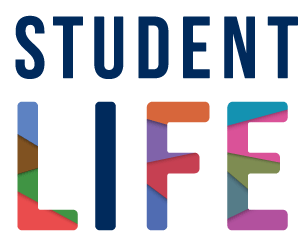Hello! You’ve been redirected here because the Student Life program or service you are looking for has been discontinued. We’re sorry about that.
The good news is that Student Life has A LOT of other programs and services to help students in their university journey. Have a look through our program & service directory.
The Student Life Web Team



